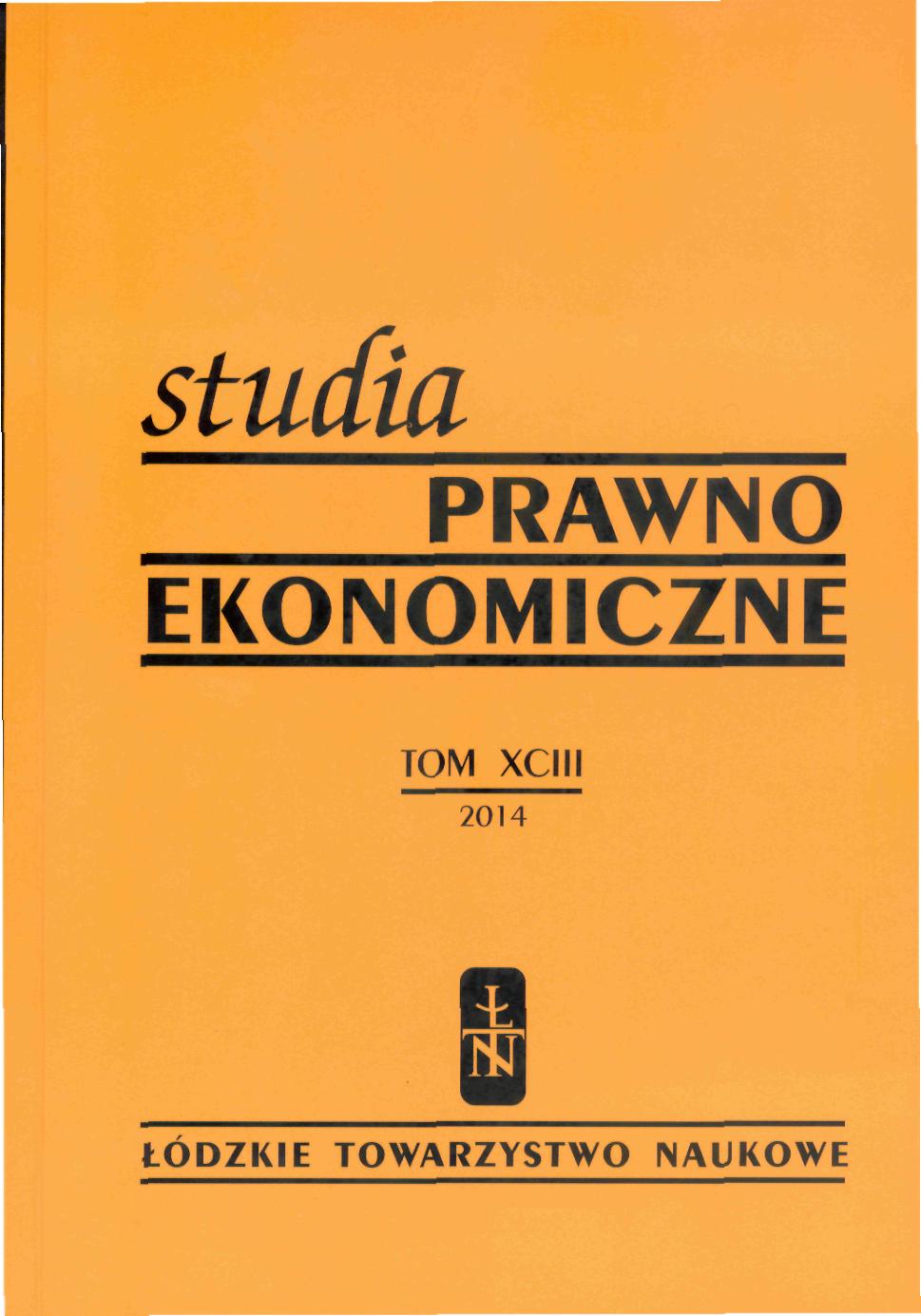Specyficzne problemy prawne i praktyczne związane z pełnomocnictwem udzielanym do reprezentowania konsorcjum w toku postępowania o udzielenie zamówienia publicznego – art. 23 Ust. 2 Prawa zamówień publicznych
The specific legal and practical issues related to a power of attorney granted to represent a consortium in a public procurement award procedure – article 23(2) of the Public Procurement Law
Author(s): Karolina Muchowska-ZwaraSubject(s): Law, Constitution, Jurisprudence
Published by: Łódzkie Towarzystwo Naukowe
Keywords: consortium; power of attorney; public procurement award procedure
Summary/Abstract: This article introduces the specific principles of granting a power of attorney and representing the consortium members jointly competing for a public procurement – according to the article 23(2) of the Public Procurement Law (PPL), economic operators jointly competing for the public procurement appoint an attorney-in-fact to represent them in the public procurement award procedure or to represent them in the procedure and conclude an agreement on public procurement. Under the art. 14 PPL the relevant provisions of the Civil Code (CC) are applicable in this regard. The most important of these principles may be summarized as follows: 1) a power of attorney should be granted in a standard written form (but it has not to be in a separate document or a joint document signed by all consortium members); 2) it should be of at least generic nature and at least an authorization, granted by all entities in a consortium, for an attorney-in-fact to perform on their behalf actions in the public procurement award procedure and – possibly – to sign an agreement on public procurement, must arise from it; 3) several attorneys-in-fact of the same scope of the received authorization may be appointed; 4) pursuant to art. 26(3) both, a defect in the form of lack of earlier appointment of an attorney-in-fact, as well as performing this action improperly may be retrospectively validate; 5) despite the undeniable order arising from art. 23(2) PPL, one should opt for the possibility that the consortium members may compete for a public procurement awarding despite failure to provide contracting authority a power of attorney document granted to one of them or a third party, and even without granting of such power of attorney; 6) it is possible to change an attorney-in-fact during the procedure; 7) the separate issue is the representation of consortium members during the procedure to which the provisions of the Civil Procedure Code (CPC) shall apply; economic operators’ attorney-in-fact appointed pursuant to art. 23(2) PPL may be an attorney-in-law of the entities forming the consortium only if it meets the requirements set out in art. 87 CPC and this is separately for each consortium member.
Journal: Studia Prawno-Ekonomiczne
- Issue Year: 2014
- Issue No: 93
- Page Range: 69-78
- Page Count: 10
- Language: Polish

